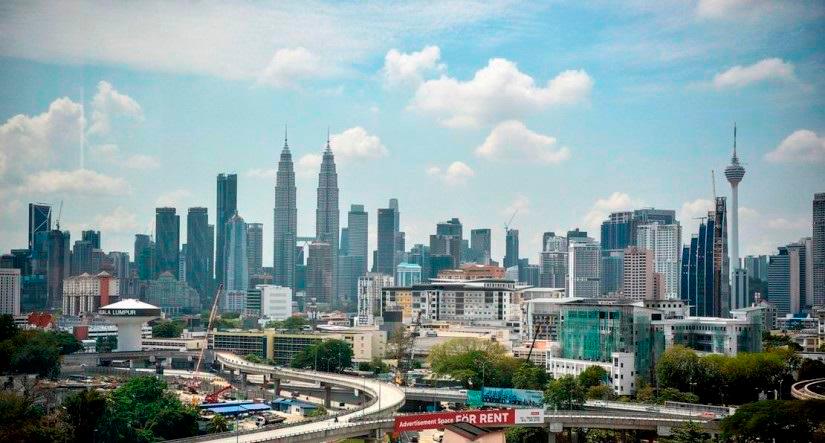PETALING JAYA: Kuala Lumpur is ranked 23rd with a score of 58.2 in the Digital Cities Index 2022, an inaugural ranking of 30 global cities across four thematic pillars of connectivity, services, culture and sustainability.
Kuala Lumpur is one of seven cities with sharing economy plans, as the majority of cities (23) have no plan in place. The sharing economy allows goods and resources to be shared by individuals and groups, thus reducing wastage – for example, car-pooling to reduce the number of cars on the road during commutes.
Sustainability – measured against resource management, emissions reduction, pollution and the circular or sharing economy – was the best-performing of the four pillars at 66.3, relative to an overall average of 63.4. However, nearly all of the large emerging-market cities ranked below average, even though their sustainability challenges are the gravest.
Meanwhile, of the top 10 cities of the index, four are in Europe (Copenhagen, Amsterdam, London and Paris), four are in Asia Pacific (Beijing, Seoul, Sydney, Singapore) and two are in the US (New York and Washington DC).
Copenhagen, Amsterdam, Beijing, London & Seoul performed the best, with successful open data projects and major strides in smart technology-powered sustainability projects like utility management. Cities with very defined goals realised the greatest benefits: European cities ran highly impactful traffic management systems, whereas Beijing made progress using applied digital technologies – tackling air pollution, optimising its utilities and promoting its sharing economy. The Atlantic nation cities led in open data innovation with a boom in travel and mobility apps.
Sustainability was the biggest impact area highlighted by the White Paper, with leading smart cities realising major gains in air quality through smart utility management. Sustainability brought the highest overall scores, with Copenhagen, Seoul and Toronto scoring highest for their use of digital technology to support urban sustainability.
Copenhagen and Singapore were the most connected cities, followed by Zurich, Beijing and Sydney. Singapore’s strategy for developing digital connectivity is built on the premise that AI, 5G and cyber security will drive the country’s growth and innovation post-covid.
Unaffordable, unreliable or inaccessible internet services impact other city level goals. Half-a-million households reportedly lack a reliable internet connection in New York City, for instance, disadvantaging low-income children for remote learning.
Economist Impact manager, policy and insights Ritu Bhandari noted that smart cities will be safer, cleaner and more inclusive urban landscapes, where citizens enjoy better public health and services, more efficient transport and major economic improvements to be shared as public goods.
“The index highlights how outlier cities are leveraging technology to improve quality of life for millions of citizens around the world. While we see strong leadership from cities in Western Europe, the table is led by major cities from a wide geographical spread. The most significant improvements were delivered against tightly defined goals – a critical success factor for urban digital transformation.”
Since the pandemic, digital technologies have enabled real progress in public health. In Asia, apps were central to managing Covid-19, while telemedicine and real time remote monitoring of chronic patients has marked digitisation everywhere.
The Digital Cities Index 2022 is produced by Economist Impact and supported by NEC. Combining quantitative and qualitative analysis, it includes a survey of 3,000 residents spread across all cities in the index.










